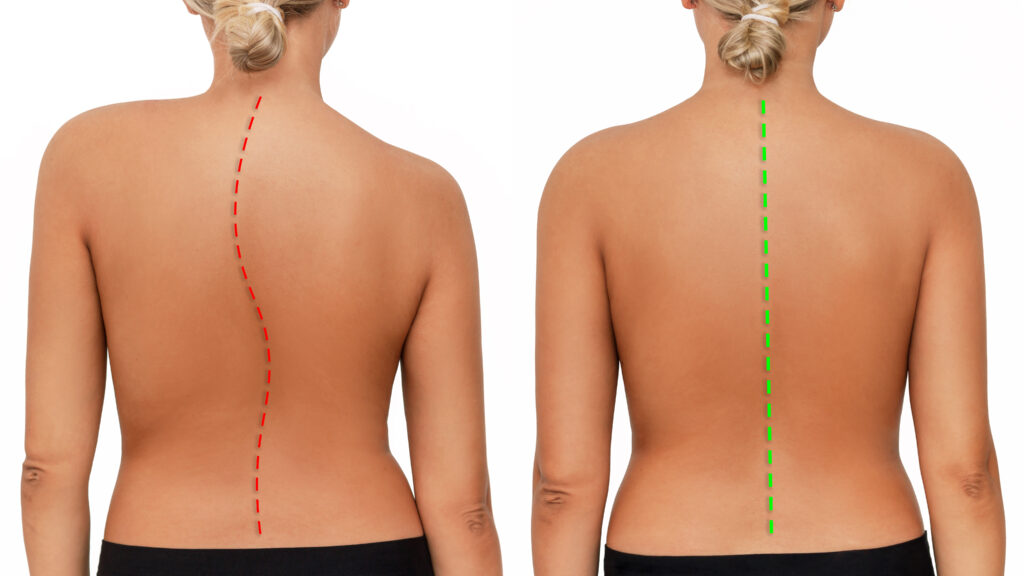If you're tired of relying on over-the-counter medications for headache relief, it might be time to explore some natural methods that could work just as effectively. From the soothing properties of essential oils to the benefits of proper hydration and nutrition, there are several options you can consider. You may find that techniques like acupuncture and mindfulness practices not only relieve pain but also enhance your overall well-being. Curious about how these methods can transform your approach to headaches? Let's take a closer look at each option.
Essential Oils for Headaches
Essential oils offer a natural and effective way to alleviate headaches. You can harness their power through simple applications that fit seamlessly into your routine. Whether you're dealing with tension headaches or migraines, certain essential oils can provide relief and help restore balance.
One of the most popular choices is peppermint oil. Its menthol content creates a cooling sensation that can soothe your temples and ease tightness. Just dilute a few drops in a carrier oil and gently massage it onto your forehead and temples. You'll feel the relief almost instantly.
Another excellent option is lavender oil. Known for its calming properties, it can reduce stress and anxiety, which are often triggers for headaches. You can inhale its soothing aroma directly from the bottle or use a diffuser to fill your space with its relaxing scent.
Eucalyptus oil is also worth considering. Its anti-inflammatory properties can help reduce sinus pressure, which is a common headache culprit. Applying diluted eucalyptus oil to your chest or inhaling it through steam can open up your airways and promote relief.
Finally, don't overlook rosemary oil. It helps improve circulation, which can alleviate headache symptoms. You can apply it similarly to peppermint oil or add it to your bath for a more immersive experience.
Incorporating these essential oils into your headache relief strategy can provide a natural, chemical-free alternative to over-the-counter medications. You'll find that these remedies not only address the pain but also promote relaxation and well-being.
Herbal Tea Remedies
When you're seeking natural relief from headaches, herbal teas can be a comforting and effective option. These soothing brews not only provide hydration but also harness the power of nature to help ease your discomfort. Various herbs have unique properties that can target headache symptoms, making them a great addition to your wellness routine.
Peppermint tea is a popular choice for headache relief. Its menthol content helps relax muscles and improve circulation, which may alleviate tension headaches. You can sip on this invigorating tea or even breathe in its aroma to experience its calming effects.
Ginger tea is another excellent option, especially if nausea accompanies your headache. Ginger has anti-inflammatory properties that can help reduce pain and discomfort. Brew a cup of fresh ginger tea by steeping slices of ginger root in hot water, and enjoy its spicy warmth.
Chamomile tea is known for its calming effects, making it useful for headaches linked to stress or anxiety. This gentle herb can promote relaxation and help you unwind, which may ease your headache. Simply steep chamomile flowers or use a tea bag, and let yourself relax while sipping.
Lastly, consider trying feverfew tea. This herb has been traditionally used to prevent migraines and reduce headache frequency. Although more research is needed, some people find it helpful.
Incorporate these herbal teas into your routine, and you'll have a natural, soothing way to manage headaches.
Acupuncture Techniques
Many people find acupuncture techniques effective for relieving headaches. This ancient practice involves inserting fine needles into specific points on your body to stimulate energy flow and promote healing. If you're considering acupuncture for your headaches, it's crucial to know what to expect and how it can help.
First, you'll want to consult with a licensed acupuncturist. They'll assess your specific symptoms and create a personalized treatment plan. You might find that acupuncture not only reduces headache frequency but also alleviates intensity.
During a session, you'll lie down comfortably while the acupuncturist gently inserts needles into targeted areas, often around your head, neck, and shoulders. Most people report little to no pain from the needle insertion.
Once the needles are in place, you'll likely relax for about 20 to 30 minutes. Many patients describe a feeling of calm during the treatment, which can enhance its effectiveness. Afterward, you may notice an immediate reduction in headache symptoms or a gradual improvement over several sessions.
For best results, consistency is key. You might start with weekly sessions and then taper off as your headaches become more manageable. Combining acupuncture with other natural remedies can also enhance its effects.
Hydration and Nutrition
Staying well-hydrated and maintaining balanced nutrition are essential steps in managing headaches effectively. When you're dehydrated, your body can react with various symptoms, including headaches. Aim to drink plenty of water throughout the day. If you're not a fan of plain water, consider herbal teas or infuse your water with fruits for added flavor.
Keep an eye on your fluid intake, especially during hot weather or after exercising, as these can increase your need for hydration.
Nutrition plays an important role in headache prevention, too. Skipping meals or consuming processed foods can lead to fluctuations in blood sugar levels, which may trigger headaches. Instead, focus on a balanced diet rich in whole foods. Incorporate plenty of fruits, vegetables, whole grains, lean proteins, and healthy fats into your meals.
Foods high in magnesium, like spinach, nuts, and whole grains, can be particularly beneficial for headache relief.
Don't forget about caffeine—it can be a double-edged sword. While small amounts may help relieve headaches for some, excessive caffeine can lead to withdrawal headaches. Monitor your intake and find a balance that works for you.
Lastly, pay attention to food sensitivities. Common culprits like aged cheeses, processed meats, and artificial sweeteners can trigger headaches in some people. Keeping a food diary can help you identify any patterns and avoid these triggers.
Mindfulness and Relaxation
Mindfulness and relaxation techniques can be powerful tools in managing headaches. When you practice mindfulness, you focus on the present moment, allowing you to tune into your body and recognize the signs of tension or stress that might lead to a headache. By becoming aware of these sensations, you can take proactive steps to alleviate discomfort before it escalates.
Deep breathing exercises are a great place to start. Inhale slowly through your nose, hold for a moment, and then exhale gently through your mouth. Repeat this process several times, concentrating on the rhythm of your breath. As you breathe, visualize tension leaving your body with each exhale, creating space for relaxation.
Progressive muscle relaxation is another effective method. Lie down comfortably, and systematically tense and then relax each muscle group, starting from your toes and working your way up to your head. This practice not only helps release physical tension but also promotes mental clarity, making it easier to cope with pain.
Incorporating mindfulness meditation into your daily routine can also be beneficial. Even just a few minutes of sitting quietly, focusing on your breath, and letting go of distracting thoughts can create a sense of calm that lasts throughout the day.
Conclusion
Incorporating these natural headache relief methods into your routine can make a significant difference in managing pain. Whether you choose soothing essential oils or calming herbal teas, each option offers unique benefits. Don't forget the importance of hydration, balanced nutrition, and mindfulness practices to support your overall well-being. By exploring these remedies, you can find what works best for you and enjoy a more comfortable, headache-free life. Embrace these techniques and take charge of your health today!



